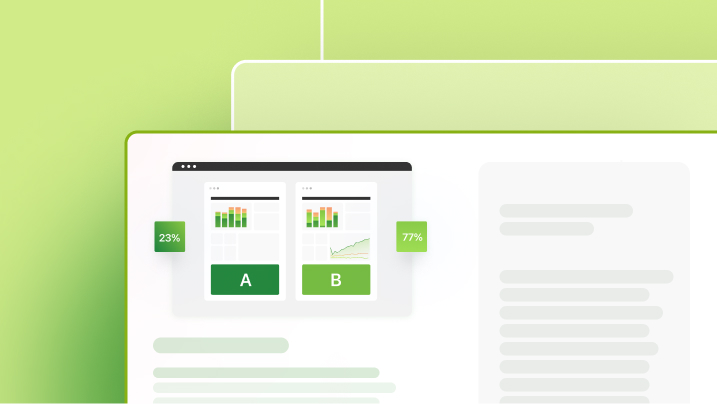What is Data Privacy and why is it matter?
.png)
Data privacy has become one of the most pressing issues of our time. In an age where everything from your location to your search history is collected and stored, people are asking a simple but powerful question: Who controls my data?
Between tighter regulations and rising expectations from customers, data privacy is no longer just a technical concern. It’s now directly tied to brand trust, risk, and your ability to compete in the market.
What Data Privacy actually means?
At its core, data privacy is about control. It’s the idea that people should get to decide who has access to their personal information and how it’s used. That includes names, emails, phone numbers but also things like IP addresses, device identifiers, and online behavior.
Today’s users expect more than just “security.” They want to know what’s happening with their data. They want clarity, not fine print. And they expect companies to respect their choices.
Privacy isn’t just a legal box to check
A single data privacy mistake can be costly because of regulatory fines, lawsuits, media fallout, and long-term damage to your brand. But it’s not just the major breaches that matter. Often, it’s the smaller, everyday decisions like collecting more data than necessary or not clearly explaining what you're doing with it that slowly decrease trust.
That's why forward-thinking companies are putting privacy at the center of their data strategies. It’s not just about staying out of trouble it’s about being credible in the eyes of your customers.
.png)
Regulations are getting tougher
Laws like the GDPR in Europe and CPPA in California have raised the bar. These regulations demand clear consent, transparency, and accountability. People have the right to see what data companies have on them, correct it, or ask for it to be deleted entirely.
In other words, this isn’t just about protecting data anymore it’s about proving that you’re handling it responsibly. And if you’re a company operating globally, compliance isn’t optional anymore.
Privacy vs. Security: know the difference
A lot of people use “privacy” and “security” interchangeably, but they’re not the same.
Security is about protecting data from threats, hacks, leaks and unauthorized access.
Privacy is about how you use the data in the first place whether you had permission to collect it, how long you’re keeping it, and what you’re doing with it.
You can have strong security and still violate someone’s privacy. That’s why both need to be addressed and balanced.
The role of Warehouse-Native Analytics
Traditionally, analyzing data meant moving it from your secure data warehouse into external tools, like Amplitude, Mixpanel. But every time data moves, the risk goes up and so does the complexity of staying compliant.
Warehouse-native analytics changes the game. Instead of moving data out, the analysis happens directly within your data warehouse. That means sensitive information stays inside your existing security and governance framework.
This setup makes it easier to:
- Keep an audit trail
- Manage consent in real time
- Enforce privacy rules like data duplication and retention policies
It’s a safer, more efficient way to work with data especially if you’re trying to meet strict privacy standards without slowing down your analytics teams.
Conclusion
We’re at a turning point. B2C companies that treat privacy as a regulatory burden will fall behind. But those that treat it as a core part of their strategy and invest in the right tools will be the ones customers trust and choose.
Privacy isn't just a legal issue or a security feature. It's a reflection of how much you respect your users. And with the help of warehouse-native analytics, like Mitzu, it’s possible to stay compliant, stay fast, and stay trustworthy all at the same time.
Unbeatable solution for all of your analytics needs
Get started with Mitzu for free and power your teams with data!


.jpg)


